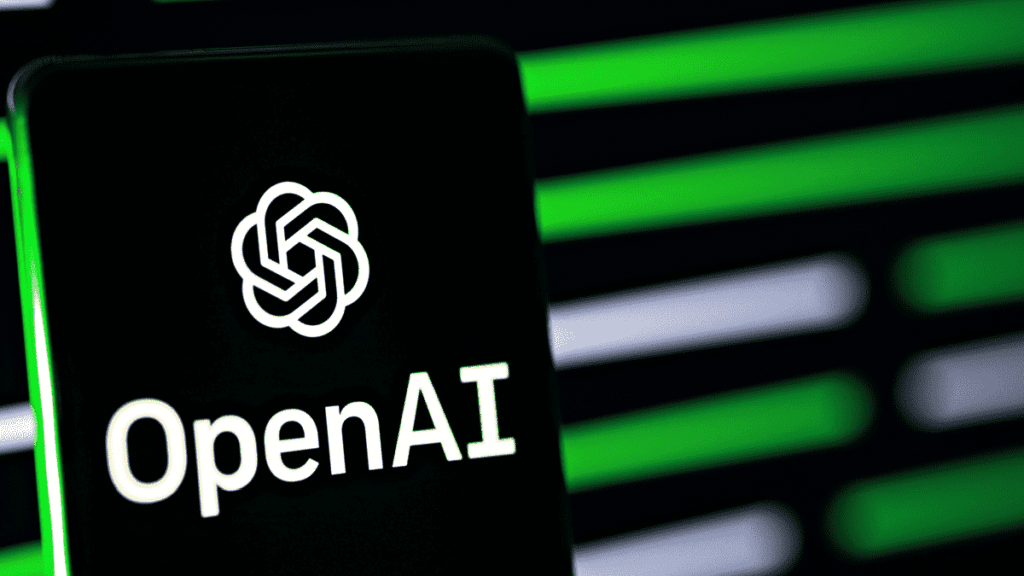OpenAI is in a phase of advanced talks to secure funding of $100 million for WorldCoin, a project targeted toward the creation of a collectively owned and globally distributed cryptocurrency. According to a report, the entirety of the funding amount would be sourced from a mix of investors, both existing and new investors.
Not too long after the reveal to WorldCoin, the startup held a Series A funding round, which was led by a16z. The investors in the funding round included the Digital Currency Group, Coinbase Ventures, Sam Bankman-Fried, and many more. In March 2022, it was highlighted how the firm was adamant about raising a sum of $100 million via private token sales. Currently, an individual mentioned how the potential new funding was sizable, based on the extended crypto winter.
The source stated,
“It’s a bear market, a crypto winter. It’s remarkable for a project in this space to get this amount of investment”
Executives at WorldCoin state that the fundamental aim of the project is to seamlessly tackle the problems which have resulted from the rapidly increasing complexity of AI. Similarly, WorldCoin is gearing up to launch its blockchain protocol, coupled with commerce-recording transactions within the upcoming six weeks. Not too long ago, on May 8, the firm launched gas-free wallets for verified users.
Worldcoin Aspires to Bring Biometric Crypto Verification

The masses believe that WorldCoin aims to inject modern biometric practices, the ones common with banking applications and much more, into the world of crypto. A number of crypto wallets have lagged behind considerably more than their competitors, mainly when it comes to implementing biometric verification.
The project looks to introduce the new feature, retaining both the privacy and the accessibility of cryptocurrencies as these do not require any documents or identification numbers to transact with. WorldCoin currently envisions introducing stronger user verification, solely based on biometric authentication.
In order to do this, a biometric imaging device, dubbed Orb, has been developed. However, Orb would not link biometric profiles to other identifying factors, as they can be classified as means of verifying humanness. The data captured by the Orb would, later on, be recorded on the Polygon chain. However, the data would not be linked to several other identifiers, which include the names of the users and much more.










